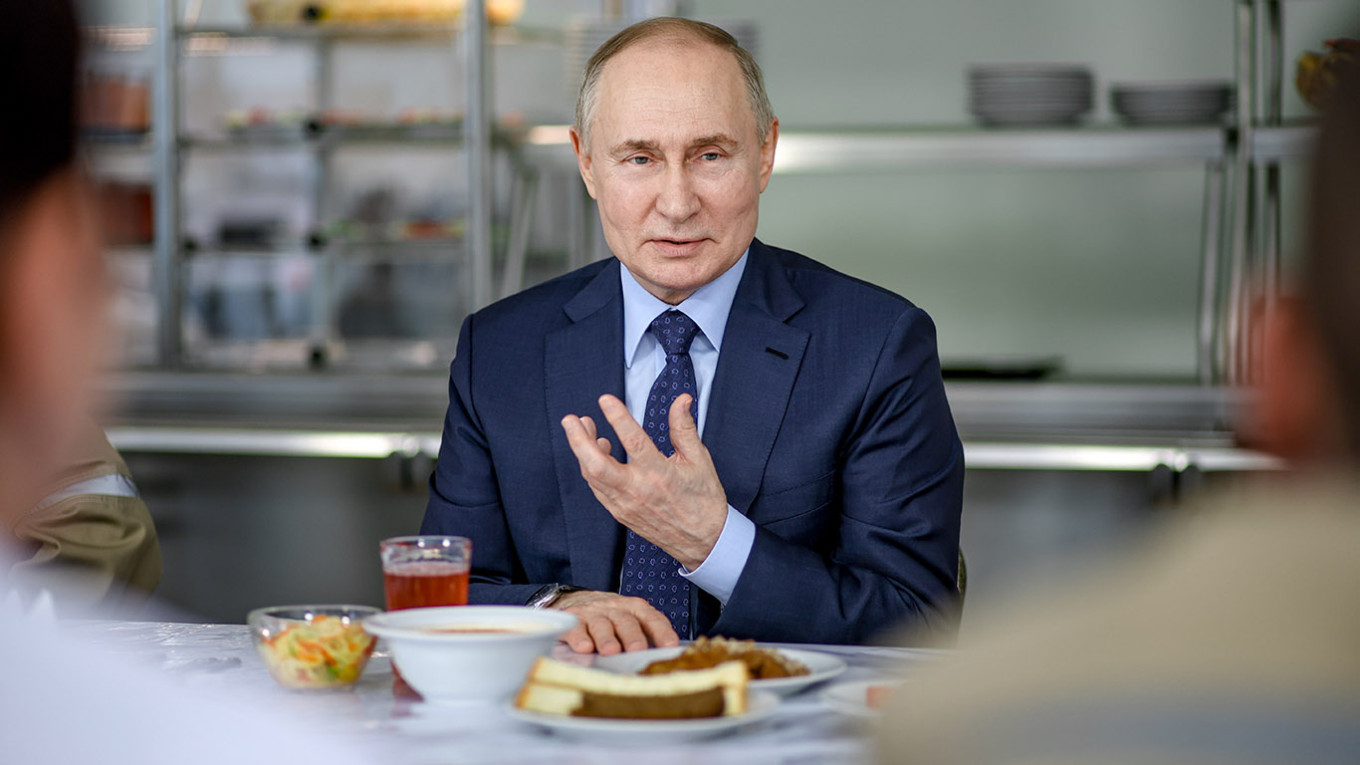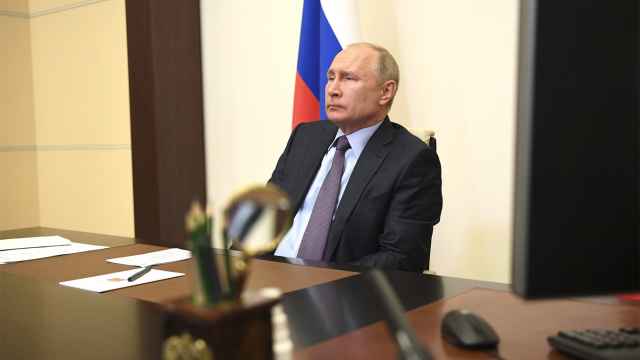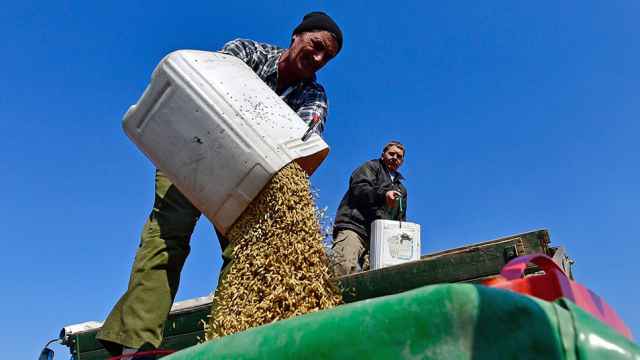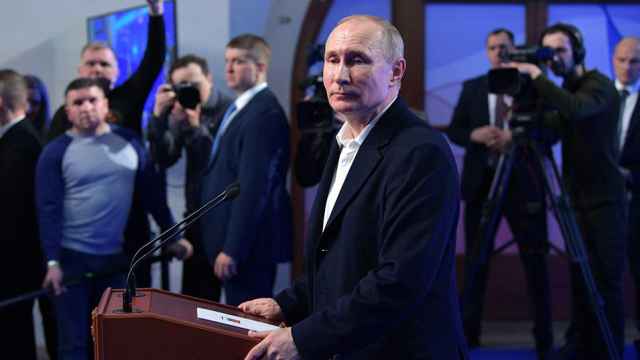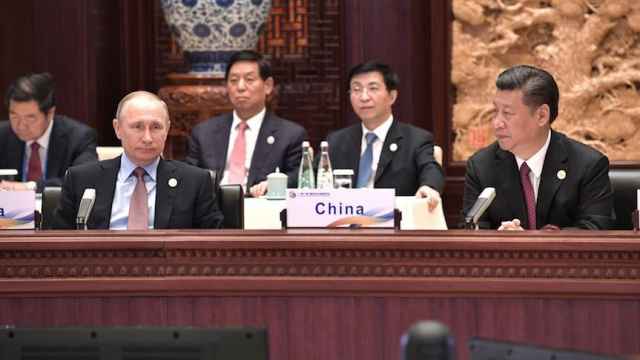President Vladimir Putin on Tuesday acknowledged Russia’s mounting potato shortage, driven by underwhelming crop yields that have led to record-breaking price increases.
“Yesterday [Monday], I met with representatives from various business sectors, including agriculture. It turns out that we don’t have enough potatoes,” Putin said during a televised meeting. “I spoke with [Belarusian President] Alexander Grigoryevich Lukashenko. He said, ‘We’ve already sold everything to Russia’.”
The previous day, Lukashenko’s press office joked that Belarus had already planted additional potatoes.
Belarusians have reportedly been complaining for months about the poor quality and limited supply of potatoes in stores. In April, authorities in Minsk allowed for price hikes on potatoes, cabbage and onions. By early May, Lukashenko admitted that potato shortages were becoming a problem.
Meanwhile in Russia, potato prices have soared. According to state statistics agency Rosstat, retail prices rose 92% last year. By May 2025, year-over-year prices had climbed by 166.5% — making potatoes the fastest-rising food item in the country and setting a record for the highest annual increase since the start of recorded statistics in 2002.
Russia has also become the world’s most expensive market for wholesale potatoes. According to the agricultural analytics firm AB-Center, wholesale prices jumped 285.5% year-over-year by early April, rising from 11.4 rubles ($0.14) to 42.4 rubles ($0.53) per kilogram (excluding VAT).
By comparison, the global average stands at about 17 euro cents (roughly 15.5 rubles) per kilogram.
The surge in prices follows a poor harvest caused by unseasonal frosts and prolonged drought. In 2024, Russia produced 7.3 million metric tons of potatoes, down 1.2 million tons from the previous year.
Agriculture Minister Oksana Lut has estimated that domestic demand stands at around 8 million tons annually.
In response, the Russian government authorized duty-free potato imports from so-called “friendly countries” starting in January.
Deputy State Duma Speaker Boris Chernyshov has called for temporary state regulation of retail potato prices.
“Potatoes are sometimes called the second bread,” Chernyshov wrote in a letter to Economic Development Minister Maxim Reshetnikov. “Sharp price fluctuations in such a socially significant product place a heavy burden on the budgets of millions of families.”
Some regional leaders have already taken matters into their own hands. On Tuesday, Kaliningrad region Governor Alexei Besprozvannykh banned the export of potatoes from the region after local prices spiked and shortages began to emerge.
A Message from The Moscow Times:
Dear readers,
We are facing unprecedented challenges. Russia's Prosecutor General's Office has designated The Moscow Times as an "undesirable" organization, criminalizing our work and putting our staff at risk of prosecution. This follows our earlier unjust labeling as a "foreign agent."
These actions are direct attempts to silence independent journalism in Russia. The authorities claim our work "discredits the decisions of the Russian leadership." We see things differently: we strive to provide accurate, unbiased reporting on Russia.
We, the journalists of The Moscow Times, refuse to be silenced. But to continue our work, we need your help.
Your support, no matter how small, makes a world of difference. If you can, please support us monthly starting from just $2. It's quick to set up, and every contribution makes a significant impact.
By supporting The Moscow Times, you're defending open, independent journalism in the face of repression. Thank you for standing with us.
Remind me later.


